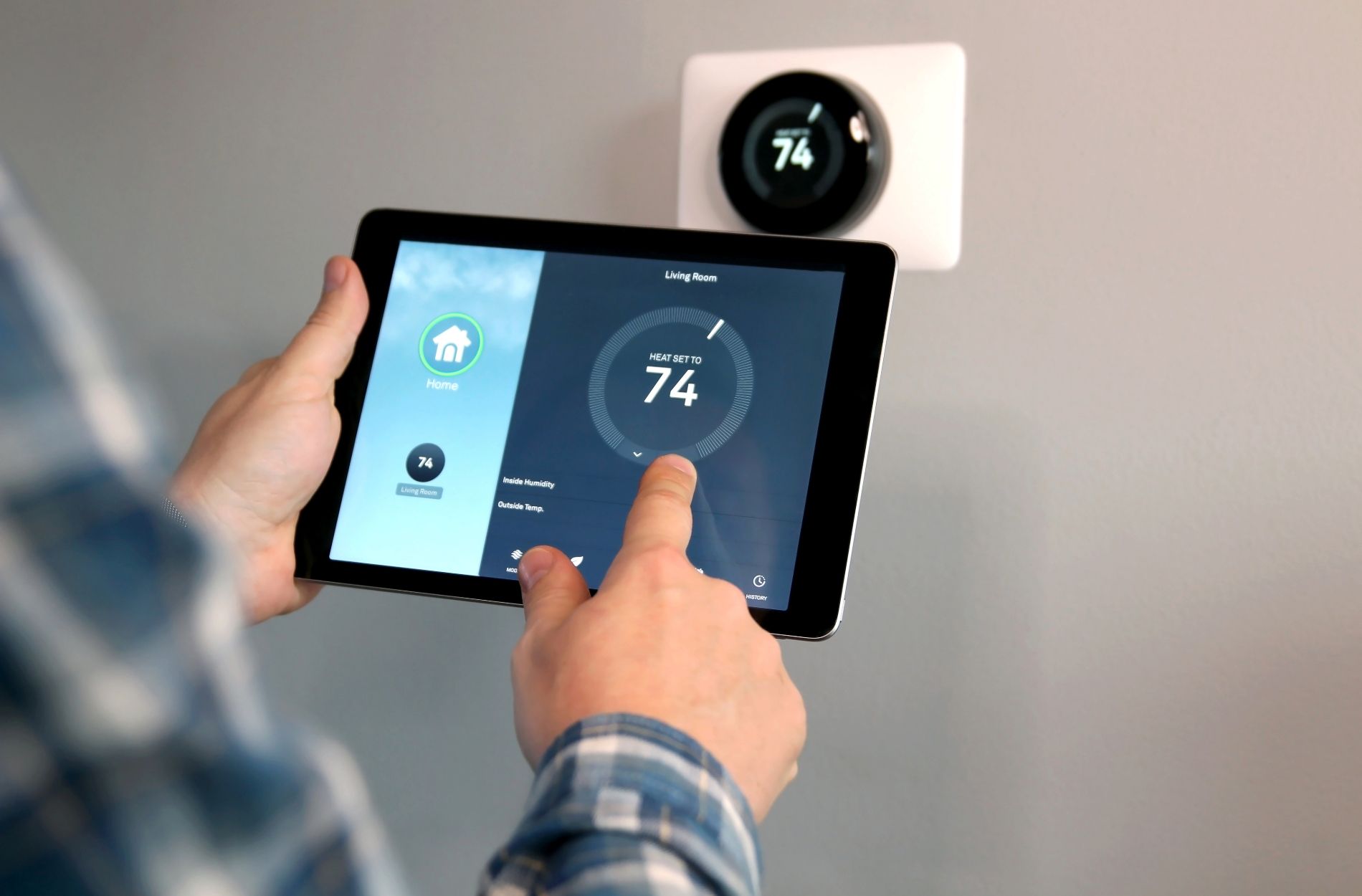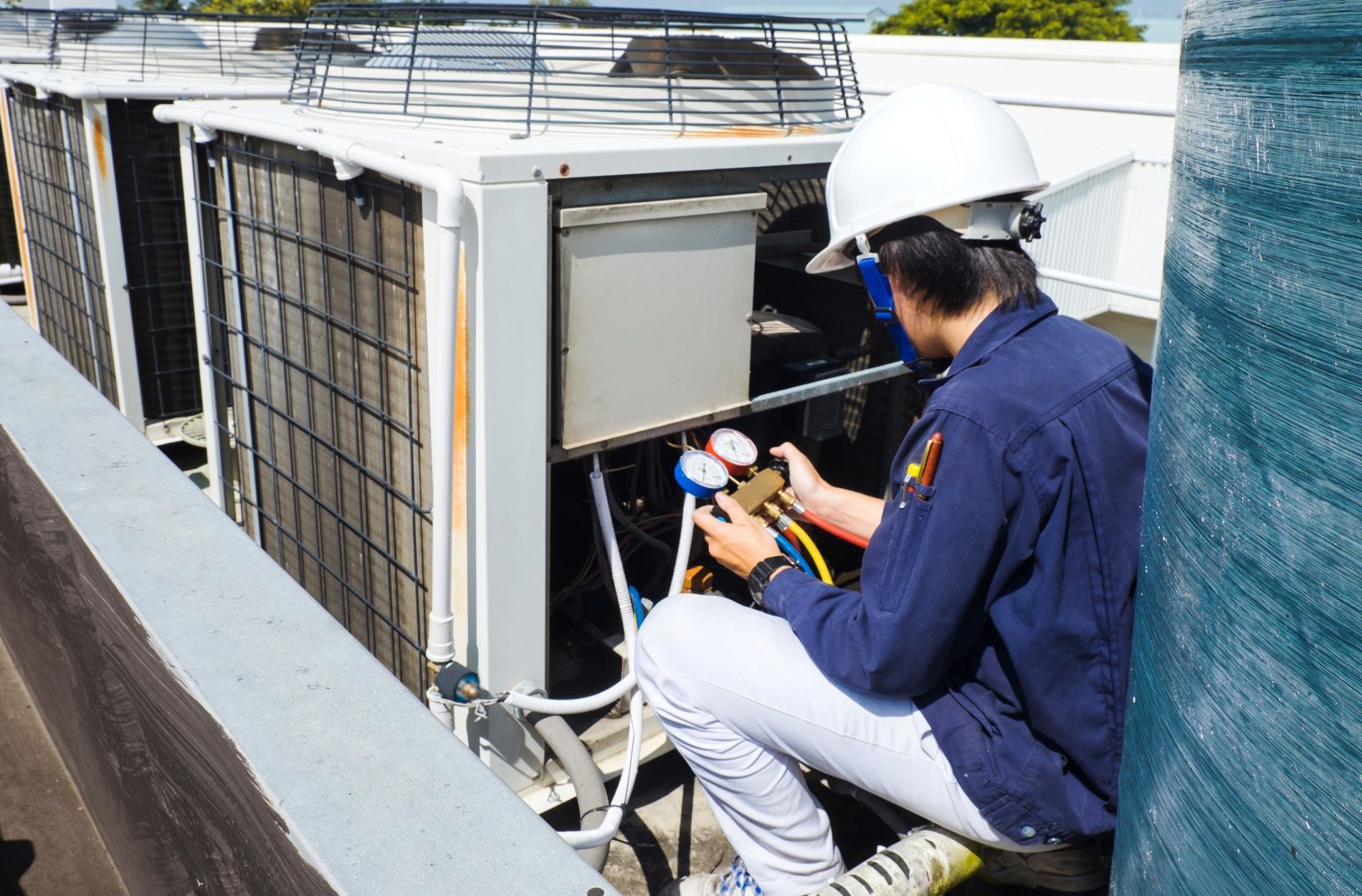Keep Cool: Tips to Boost Your Air Conditioner's Performance
When summer temperatures start soaring, having an air conditioner in top condition isn't just a luxury—it's a necessity. That's why it's essential to understand the basics of how your air conditioning unit works and what you can do to keep it running smoothly. At our company, we believe that an informed homeowner is a happy homeowner, which is why we're here to offer guidance on ensuring your AC system is as efficient as possible.
Keeping your air conditioner in prime condition involves a few regular tasks that can significantly affect its performance and durability. Whether it's changing filters, checking system components, or just understanding when to call in the professionals, we've got the information you need. By taking a hands-on approach to maintaining your system, not only do you extend the life of your air conditioner, but you also improve its overall efficiency. This means cooler indoor temperatures and possibly even reduced energy bills, making it a win-win situation for you and your household.
Educating yourself about your air conditioner doesn't have to be complicated. We'll guide you through basic components, routine maintenance, energy-saving tips, and advice on when professional services might be needed, all in easy-to-understand terms. Follow along as we help you take charge of your indoor comfort.
Understanding Your Air Conditioner's Basic Components
Grasping the fundamentals of your air conditioner's components can greatly enhance your ability to keep it running smoothly, especially during those hot summer days when you need it the most. The three main parts of most air conditioners are the evaporator coil, the condenser coil, and the compressor. The evaporator coil is located inside your home and is responsible for cooling the warm air as it blows over it. The condenser coil, typically located outside, expels the accumulated heat outside your house. The compressor, also outside, plays a crucial role as it moves refrigerant between the evaporator and condenser coils, changing its pressure to facilitate the heat exchange process.
Aside from these primary components, your air conditioner also includes a thermostat, which is your main interface for controlling the temperature inside your home. There's also an expansion valve that regulates the flow of refrigerant and fans that move the air through the coils. Knowing these parts helps you identify any potential issues or better explain a problem to us when we come in to help, ensuring more accurate and quicker service.
Top Energy-Saving Tips for Your Air Conditioner
Conserving energy while maintaining a cool and comfortable home is simpler than you might think. Here are our top five tips to help you save energy with your air conditioner without sacrificing comfort. Firstly, upgrading to a programmable thermostat allows for more precise control over your air conditioning unit, helping to reduce unnecessary running time. You can set it to adjust the temperature automatically during the hours when you're away from home or asleep, ensuring that you’re not cooling an empty house.
Secondly, using ceiling fans can significantly aid your air conditioning efforts; these fans help circulate cool air more efficiently throughout the rooms in your home. This can allow you to set the thermostat at a slightly higher temperature without noticing any reduction in comfort. Third, ensure that your home is properly insulated and sealed to prevent cool air from escaping. Focus particularly on windows and doors where drafts can occur. Fourth, avoid placing heat-generating appliances near your thermostat, as things like lamps and TV sets can cause the thermostat to read a higher temperature and overwork the AC.
Regular Maintenance Routines to Enhance AC Performance
To ensure your air conditioner remains in peak condition, we recommend establishing a regular maintenance routine. First and foremost, you should consistently check and replace your air filters. Dirty or clogged filters restrict airflow, reduce efficiency, and can lead to bigger mechanical problems down the road. Ideally, air filters should be checked monthly, especially during high-use seasons like summer, and replaced every one to three months.
Furthermore, it's beneficial to keep the area around your outdoor unit clear of debris, leaves, and other obstructions. This clearance helps maintain adequate airflow, which is vital for the condenser to operate efficiently. Ensure there's at least a two-foot clearance around the unit. For indoor units, keeping vents unblocked and free from furniture or drapes also supports optimal airflow. Aside from the DIY care, scheduling a professional tune-up annually is crucial. This tune-up will include a more thorough inspection of all electrical components, a deep cleaning of coils, a check for the correct fluid levels, and a system test to ensure everything runs as smoothly and efficiently as possible. This not only helps extend the life of your unit but also maintains its efficiency throughout its lifespan.
When to Call a Professional for Air Conditioner Service
While maintaining some aspects of your air conditioner can be managed on your own, certain situations require the attention of a professional. If your air conditioner starts making strange noises, such as grinding, squealing, or clicking, it’s a signal that something might be wrong internally that needs expert attention. Also, if you notice a significant decrease in performance or if your air conditioner isn't cooling as effectively as it used to, there could be a serious problem that a professional needs to address.
Additionally, if you see an increase in your home's energy bills without a corresponding increase in air conditioner usage, this could indicate that your AC unit is losing its efficiency and needs to be serviced. Routine professional check-ups help spot potential issues before they turn into costly repairs. Regular service calls can also ensure that your system is running as efficiently as possible, which not only prolongs the life of your unit but helps maintain its efficiency and effectiveness over time.
Conclusion
Keeping your air conditioner in top shape does more than just improve the comfort of your home—it can significantly impact your monthly energy bills and reduce the need for costly repairs. By understanding the basic components of your air conditioner, maintaining regular care, following energy-saving tips, and knowing when to call professionals, you set yourself up for a cooler, more efficient home environment. Remember, the key to efficiency lies both in how you use and care for your AC unit.
When you need professional assistance to manage, service, or upgrade your air conditioning system, do not hesitate to contact us at Anytime Heating & Air today. Our team of experienced technicians is here to provide you with high-quality, reliable
air conditioning service every step of the way.


